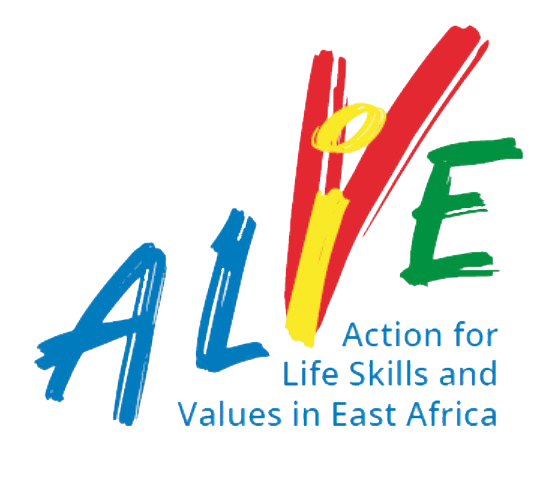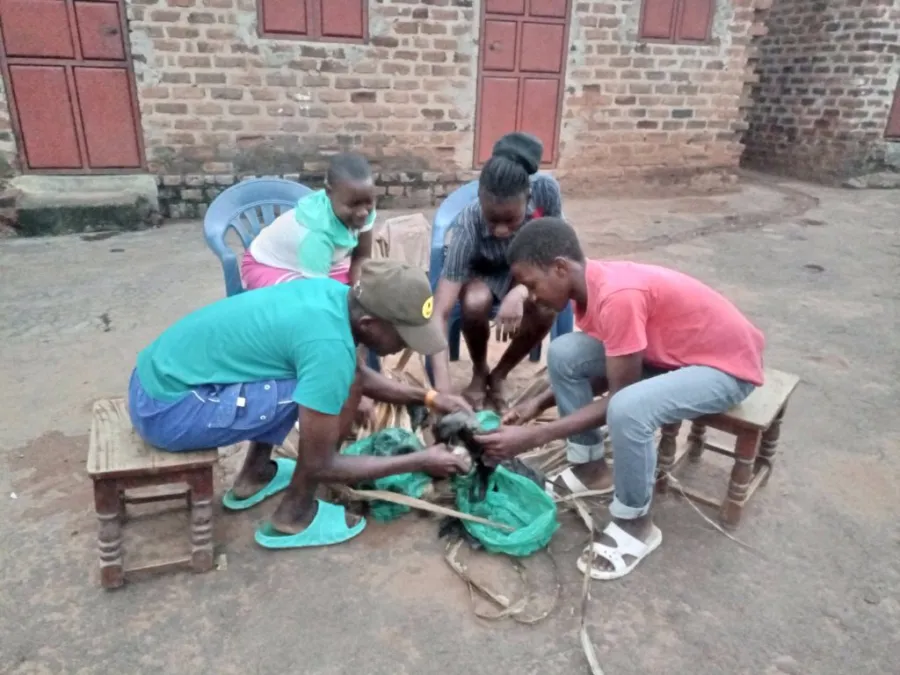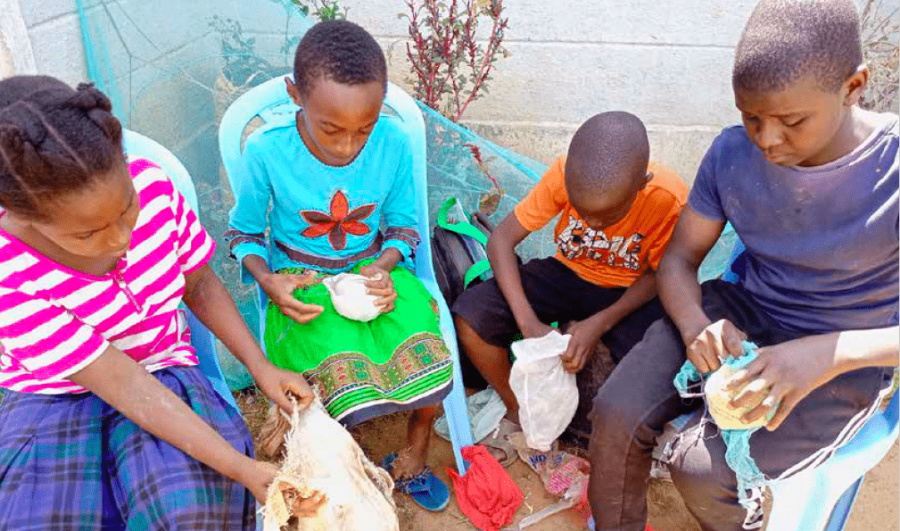Currently, Kenyans are debating the value of the Competence Based Curriculum (CBC). Some support it while others are pointing out the gaps that exist. However, missing from this debate, is a consideration of the core-competences – the skills needed by learners to help them make informed decisions and potentially live a thriving life. This skills include critical thinking and problem solving, collaboration and communication, imagination and creativity, self-efficacy, learning to learn, citizenship and digital literacy. Researchers have made it clear that these competencies are necessary for our children to survive in a world that is uncertain and afflicted by many challenges in the wake of globalization and digitalization. A study done by Regional Education Learning Initiative in Kenya showed that only five percent of our adolescents aged 13-17 years demonstrated the highest proficiency level in problem-solving skills. In other words, if you have a class with 20 children and a problem arises only one of them has the capacity to get out of the problem or even support others in finding a solution. The findings are shocking and a wake up call for all of us to act. It is therefore not surprising that university graduates find it hard to get a job, while on the other hand employers say they cannot find employees with the right skill set for employment. Under the past curriculum, the teacher had the monopoly of knowledge. Although they used child-centred pedagogical approaches, they still did not encourage learners to ask questions. Sadly, more often than not, learners who asked many questions or challenged their teachers in any way, were bullied and labelled as indisciplined. It is therefore not surprising that learners aged 13-17 years – the majority of whom are learning under the old 8-4-4 curriculum are undequipped to solve the challenges afflicting our country today. McKinsey Global Institute’s research report indicated that higher cognitive skills (eg. problem solving and critical thinking), and social and emotional capacity to be adaptable (eg advanced communication, empathy), and the ability to learn continuously and learn technological skills (eg digital literacy and data analysis) are the top three skill sets workers will need to secure the best careers in the future. This research therefore calls Kenyans to reflect on what needs to be done to prepare our children for the future. Parents must be at the forefront of developing these core competences at home. Parents can nurture these competenvies in their children by, for example, allowing their children to share ideas openly at home or in family meetings, letting them solve some of their problems without feeling like they always have to intervente, and allowing them to get their hands dirty by collecting garbage in the community market. Additionally, the role of teachers in developing these competencies cannot be overemphasized. But teaching these skills means they will to put the blackboard and chalk down, instead teach through practical activities. We need a more active form of learning where learners are co-creating their learning experiences and the teacher acts as a facilitator and role model. Moreover teachers and parents need to work together to nurture and develop these core competencies. Children go between home and school and learning and development take place in both spaces. As such these are the best places to begin to develop, nurture and sustain the skils. Therefore teachers and parents can completement each others efforts for the benefit of the children. It is time for all of us to take action to collaboratively nurture core competencies. Most of the people – teachers and parents – who are best positioned to teach Kenyan children these important skills do not know their roles. That is where we can step in. We can all get involved in communicating about the importance of nurturing core competencies to parents, teachers, schools and communities. We can all start now.
The Assessment of Life Skills and Values in East Africa (ALiVE) team recently released its Do our children in Kenya have Life Skills and Values? report which shares findings about Kenyan adolescents’ proficiency in four key life skills: problem solving, self-awareness, collaboration and respect. The research team assessed a total of 17,276 adolescents, aged 13-17 years old from 14,197 households… Only five percent of the adolescents are proficient in problem solving (Level 4) Overall, only nine percent of the adolescents are proficient in self-awareness (Level 3) Only six percent of the adolescents express high respect for others Overall, only one in ten of the adolescents are proficient in collaboration About 43 percent of the adolescents (42% males and 44% females) can read a grade 4 text Half of the adolescents have the skills to access the internet with ease In part, this low level of attainment of foundational life skills is the result of a situation in which many teachers and parents lack an understanding of the importance of these competencies and therefore neither make it a learning priority in the classroom nor at home… These findings demonstrate that the ALiVE team has developed a valid and reliable tool for assessing problem solving, collaboration, self-awareness and respect proficiencies of in and out of the school adolescents in Kenya. They also illustrate the necessity of RELI’s ongoing commitment to supporting families, teachers and schools in creating the environments needed to develop life skills and nurture values for children across East Africa in school and at home..



